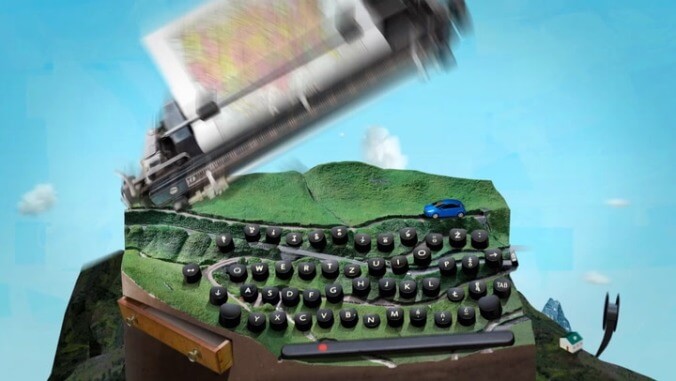We visit the historic Nashville studio that hosts musical giants to this day
Just like Los Angeles, Nashville is a company town. In L.A., the film and music business dominates, and in Nashville it’s country music. Today, that genre might conjure images of Carrie Underwood and Taylor Swift, but the town’s been country’s hub for decades now, since everyone from Elvis Presley to Roy Orbison was making roots-tinged rock tracks.
Now owned by the Country Music Hall Of Fame, RCA Studio B was built in 1956 at the request of Chet Atkins and Steve Sholes. The studio is where artists signed to RCA records would come to record their tracks—all in one room, all at the same time, and all to tape via a fairly basic sound board.
Beginning in the late ’50s, Studio B became the place to record in Nashville. Its unique acoustics and resonance—along with some frequently used background vocalists and string players—led to what became known as “The Nashville Sound.” Just like that, the little room with a grand piano began to host everyone from Dolly Parton to Willie Nelson for lightning-fast sessions. More than a thousand hits were recorded in that one room, including, but not limited to, The Everly Brothers’ “All I Have To Do Is Dream” and “Cathy’s Clown,” Roy Orbison’s “Only The Lonely (Know How I Feel),” Dolly Parton’s “Coat Of Many Colors,” “Jolene,” and “I Will Always Love You.” Elvis Presley recorded about 200 songs in the studio, including “It’s Now Or Never,” “Are You Lonesome Tonight?,” “Little Sister,” and “How Great Thou Art.” The more than 35,000 singles recorded to date in RCA Studio B have gone on to sell over 40 million copies.
Located on Music Row, the studio is both a tourist attraction (tours from the Country Music Hall Of Fame come through five times a day) and a working facility. Marty Stuart recorded his Grammy-winning song “Hummingbyrd” there in 2010, and, in 2008, Underwood, Wynonna Judd, and Martina McBride sang along with Elvis’ old tapes for a Christmas record. Students from the Mike Curb College Of Entertainment And Music Business at nearby Belmont University also use the studio on an almost daily basis to learn the now-rarely used techniques of analog recording.
